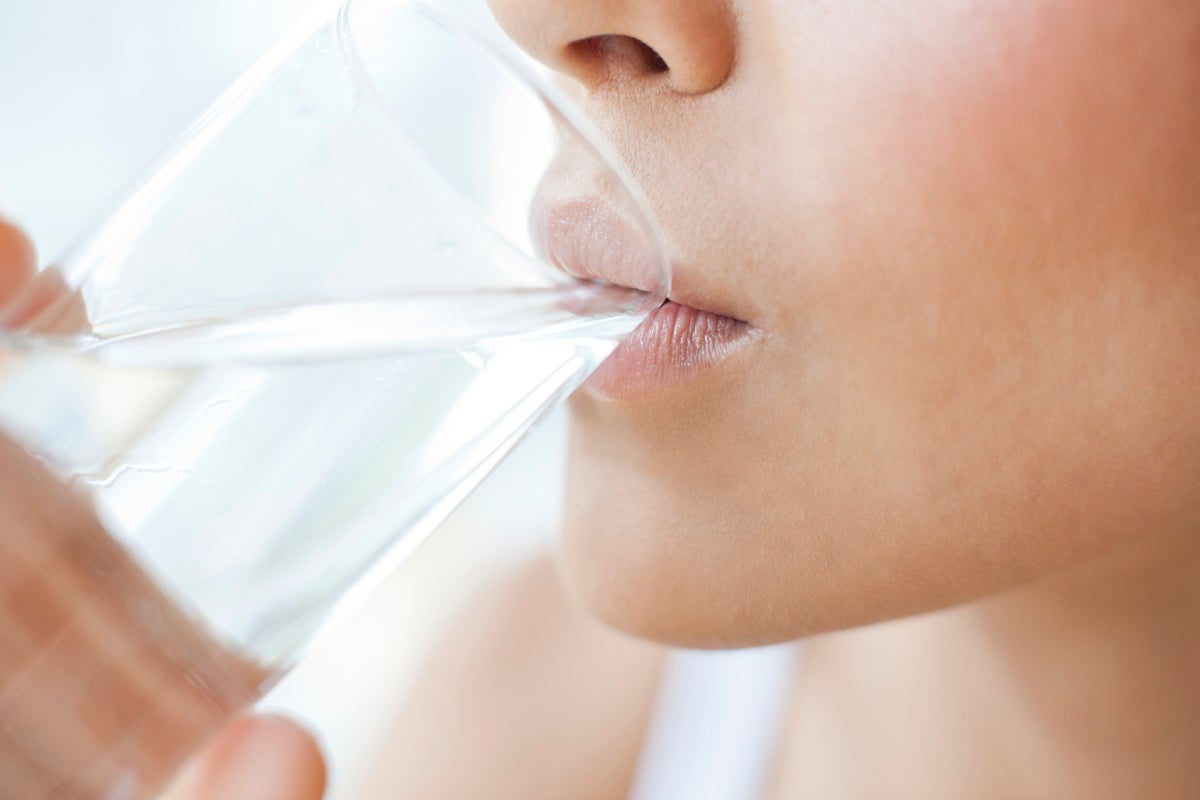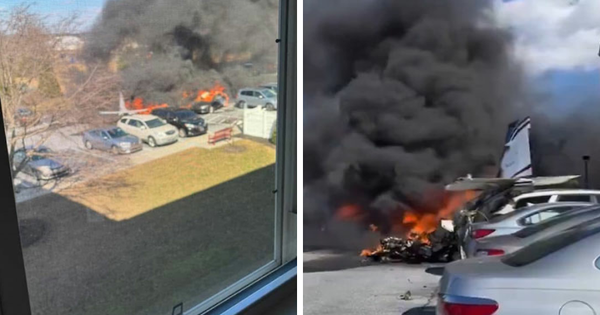
As the UK is about swelter in its first heatwave summer, knowing when you’re dehydrated can help save you from heat exhaustion, or even fatal illnesses like heatstroke.
The Met Office has predicted the UK will get “a warm plume of air being drawn in from the south” that will bring hotter conditions, and will lead to the first heat-health alert of the year. The UK is expected to see highs of 30C in the coming weeks.
When temperatures rise, maintaining proper hydration is key to practicing heat safety. But how can you tell if someone, or yourself, is dehydrated?
Dehydration occurs when the body does not have enough water that it needs to properly function. Our bodies lose fluid throughout the day, which can be replaced by drinking or eating foods with water. But losing even the slightest amount of water in our bodies can still cause dehydration and it doesn’t always take a heat wave to feel the symptoms.
Anyone may become dehydrated at any age, but it’s especially dangerous for young children and older adults. Our bodies tend to lose fluid quickly from fever, vomiting, diarrhea or increased urination. But during a heatwave, excessive sweating can result in a loss of fluid and a need for more water.
A person may be dehydrated if they start to experience headaches, dizziness, fatigue, dry mouth and, of course, thirst. However, the signs and symptoms of dehydration might differ depending on age, and can be especially dangerous for young children or infants who may not be able to communicate that they’re thirsty.
According to the Mayo Clinic, these signs include less frequent urination, dry mouth or tongue, sunken eyes or cheeks, no tears when crying and a sunken soft spot on the top of their skull.
How do you treat dehydration? Well, by drinking water. But differences in treatment often depend on age and the severity of the dehydration.
For mild cases, replacing lost fluids and electrolytes is the best way to recover from dehydration. A bottle of cold water is a go-to for recovering from dehydration but sports drinks containing electrolytes may also be helpful.
More severe cases of dehydration may require medical attention and treatments, such as a liquid IV.
Dehydration is preventable. If you’re feeling thirsty, chances are you’re already mildly dehydrated.
Before braving this week’s heatwave, keep in mind the signs and symptoms of dehydration.







